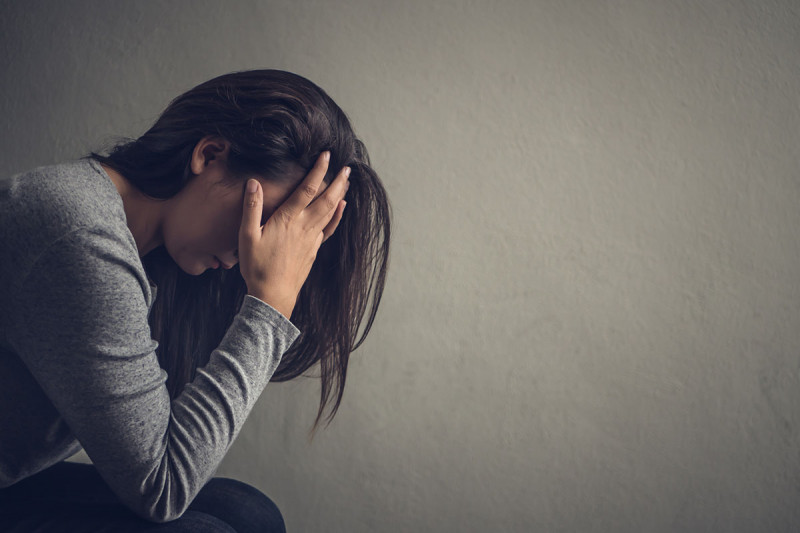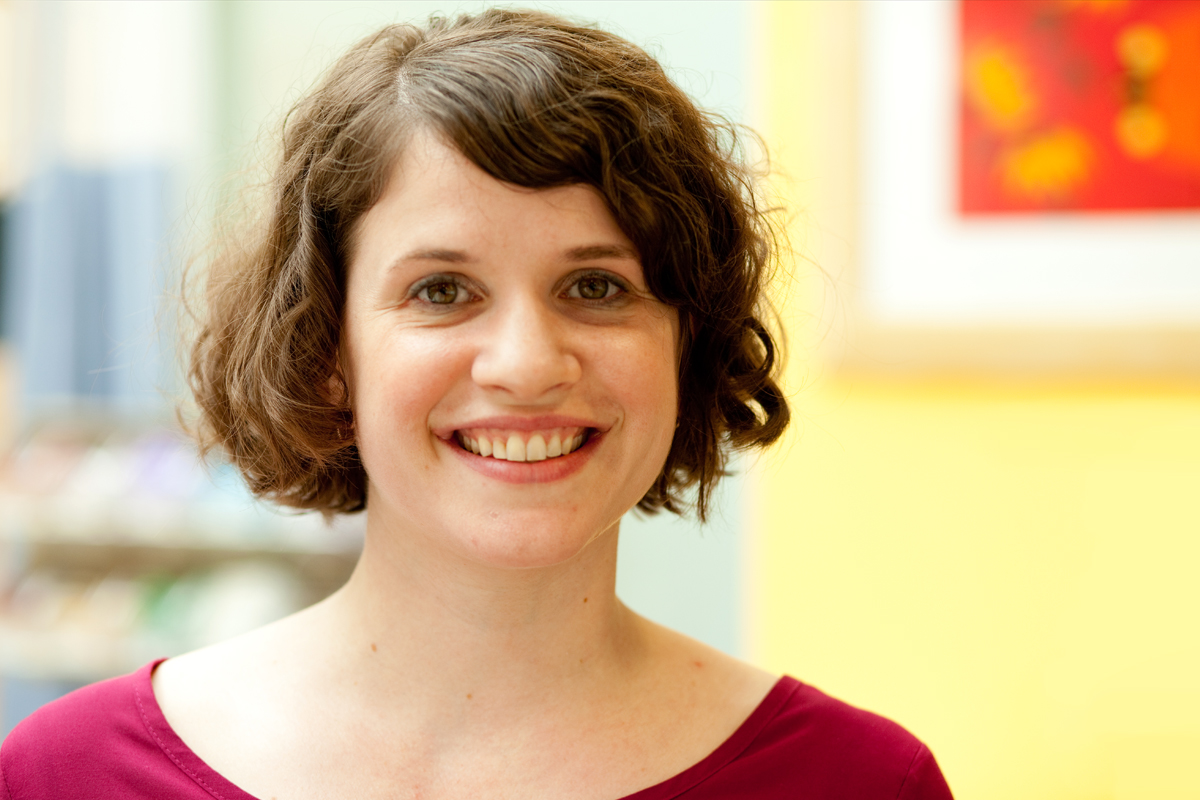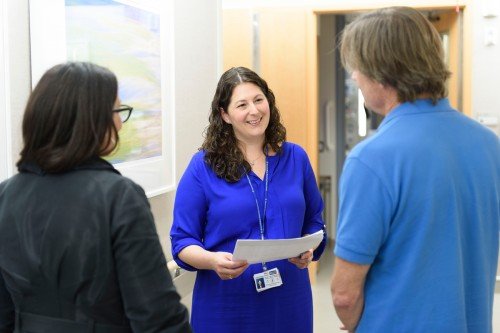
Having cancer is difficult. Adding feelings of guilt, shame, or embarrassment on top of other painful emotions, like sadness and anxiety, only intensifies that difficulty.
These are all very natural feelings, says Kristie Redfield, an MSK social worker who specializes in cancer survivorship.
“Humans are meaning-making creatures,” she says. “We want to understand how something happens so we have some control. But cancer can happen to anyone. It’s an illness, not a failing.”
It is important to recognize that shame differs from guilt. Shame is defined as a painful emotion caused by the belief that one is, or is perceived to be, inferior or unworthy of affection or respect because of one’s actions, thoughts, circumstances, or experiences. Shame focuses on the self, while guilt focuses on behavior. It’s the difference between saying, “I’m a bad person because of a behavior” and “I feel badly about a behavior.”

Feelings of shame can especially come up in cancers that may be linked to specific behaviors — whether or not those behaviors actually played a role in the diagnosis. For example, people might ask a person with lung cancer, “Did you smoke?” This question is unhelpful, whether the person smoked or not. Another example is a person with an HPV-related cancer who feels ashamed about their diagnosis.
These feelings can also come up in people who have cancer in a body part that isn’t often discussed openly. Someone with colorectal cancer may require help using the bathroom, for instance, which may cause embarrassment. A woman with a gynecological cancer or breast cancer may have sexual side effects that take a toll on her confidence.
Getting to the Root
Unraveling shame starts with helping people recognize where their negative thoughts are coming from, says Ms. Redfield. They could be stemming from messages they received from their parents or other caretakers when they were young or from society in general. We learn at a young age that our genitals are private, for example. We also learn that bathroom behavior and sexual habits are taboo topics.
“We get all kinds of messages about parts of the body we don’t talk about, and the only language we really have to discuss them is either pornographic or very clinical,” Ms. Redfield says. “It’s the private made public, and that can be very uncomfortable for people.”
People might also hold certain beliefs about how the world works or how much control they have over their own lives. They might think their cancer is a punishment or payback for something they did.
“These are learned thoughts,” she adds. “It’s important to understand how someone’s making sense of something. I might say, ‘I hear you, but I’m wondering how that is helping you now.’”
The good news is, all of these harmful beliefs can be unlearned. Once people understand more about where the negative thoughts are coming from, they can begin challenging them. The thoughts may not go away, but they can be related to differently. Ms. Redfield has an analogy she likes to use in the support groups she leads. “Automatic thoughts are a well-worn path in the brain, like a trail in the woods,” Ms. Redfield says. “It’s easy to walk down because it’s so familiar. It doesn’t mean there are no other trails, though. It just takes time to forge them.”
You’re Not Alone
Shame thrives in isolation. When we think we’re the only one dealing with something, we may heap even more negative feelings onto ourselves. But part of Ms. Redfield’s work is helping people recognize that they are not alone in their experiences.
“Shame has to do with your relationship to yourself and your relationship with others,” she says. “Someone might think, Are people going to judge me? Am I going to belong? To belong is one of our deepest human needs.”
After a person speaks in one of the groups she leads, Ms. Redfield will often ask, “How many of you have felt this way?” Seeing people’s hands go up helps the speaker feel less alone. But because our society rewards bravado, we are not encouraged to let others in on our pain.
“Our culture tells us vulnerability is bad, but it takes a lot of strength to own your experience,” she adds. “That can help us reframe some of these thoughts.”
Handling Cancer Your Way
Everyone’s cancer experience is different. Some people are very open about what they’ve been through. Some people become advocates. Some people just want to move on with their lives. There is no one single way to go through it.
“People can find different ways of making meaning,” Ms. Redfield says. “It’s all about how much you want to integrate this part of your story into your life.”
She likens it to a pie. “Your cancer story is one slice,” she says. “You get to decide how big a slice it is.”


